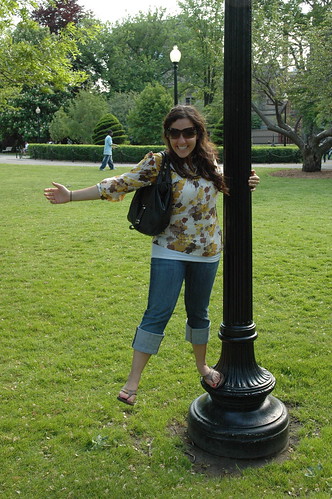Lots of TV shows are now releasing recorded commentary tracks as podcasts, but here’s the thing: they’re generally awful. The two best are Ron Moore’s _Battlestar Galactica_ commentaries and Colin Ferguson’s _Eureka_ podcasts. What makes a good commentary track? Going in with some things you want to talk about. Information about how stories took shape, fun stories from the set, the compromises necessary to produce a show, the last-minute changes required by time or weather or budget. What were you trying to accomplish in a scene? Did it work? What would you do differently? How do you hope people will interpret things? Why did you make one creative choice over another? If your role isn’t well understood (i.e. focus puller, second AD, propmaster, dialect coach, whatever), what is it you do? How did you get into that line of work? How is this show different from or similar to others, in terms of your experiences?
The worst possible podcasts are the ones where they grab three or four people who may be interesting (say a writer, a DP, and a cast regular and a guest star) but who don’t really know each other, don’t know what they’re going to talk about, and are seeing the show for the first time. Most of the time is going to be filled with silence, some “oohs” and “aahs” as they see things in finished form, a bit of chat about how great it is to work with everyone and how amazing it is to be on the show, and a few awkward questions from the one person who decides they’d better try to get everyone else talking so that the whole podcast isn’t a complete bust.
Its great that shows are giving us value-add in the form of behind the scenes videos, blog posts, message boards, Q&As, and podcast commentaries. It gives the dedicated fans a much-appreciated look at the realities of the television business and a much better understanding of what it takes to make good television. But sometimes it seems like someone up above says “we need to put up interactive content” without really getting any buy-in from down below, and the end result is pretty disappointing. I’m generally of the opinion that if you’re going to do something, you should do it the best you can (given, of course, the various constraints of life that so often get in our way). I can’t say that the _Doctor Who_ or _Scrubs_ podcasts in particular live up to these expectations.

